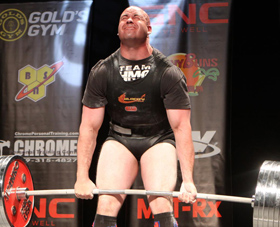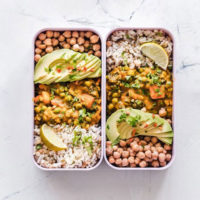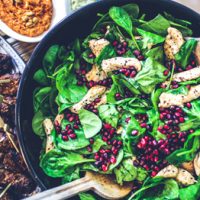There are so many diet fads and nutrition trends, but how do you know what to follow.
Bryan Dermody is here to answer the question “Are carbs or fats the best source of fuel?”
The simple answer to this question is, “It depends.” However, readers of this
probably want an answer with at least some level of definiteness, so for the sake of the reader, I will not just sit on the fence in answering this.
For the majority of athletes (extreme endurance athletes might be the exception) I would advocate for fat as the primary source of energy. My reasoning for this is as follows:
Overall Health
In general, food sources made up of primarily fats are more nutrient dense than food sources made of primarily carbohydrates. There simply is no essential micro-nutrient found in a primarily carbohydrate food that you cannot get from a primarily fat source. On top of that, the research is extremely convincing that shows that calories from excess grains and sugars (along with seed and vegetable oils) to be the primary cause of obesity and other metabolic dysfunctions.
A Faulty Assumption
Most people begin this conversation by assuming the carbohydrates are inherently the better energy source. This is simply not true. The human body cannot store high amounts of glucose, so if we were to use it as our primary energy source, we would have to consume it at a fairly continuous rate. If we don’t do this, it will wreak havoc on our blood sugar levels (it will drop significantly) and actually cause the release of cortisol, a hormone whose secretion any athlete wants to limit. Oh yeah, it will also likely cause your body to break down your precious muscle tissue to harvest more glucose. On the other hand, if we over correct and consume too much glucose, it will likely increase insulin, which often leads to the excess calories being stored as unwanted fat. Turns out, carbs are not the best energy source.

Fats Are A Better Option
Not only do we not get the negative effects associated with increases or decreases in blood sugar levels, but the human body can also store much more energy by way of fat that it can by way of carbohydrates. And as we noted above, you get a bigger bang for your buck when it comes to nutrients.
In the end, I would advocate that athletes consume the vast majority of their food
from lean protein and healthy fats. The goal is to eliminate sugars, grains and seed and vegetable oils from your nutrition intake. The protein and fat that is consumed will, in the vast majority of cases, provide plenty of energy for training. Most athletes will need around 30-60 grams of carbs a day … or less, especially if they have adapted over time to a low-carb diet. The exceptions would include:
- Those not adapted to a low-carb diet. In order to transition well to fat as a primary energy source, it is not a good idea to immediately eliminate all or most carbs from your diet. Do it gradually over the period of several months.
- The extremes of training and competition. It will be rare, but some combinations of intensity and duration in training or competition will require the ingestion of additional carbs. Most people will have to keep tabs on how their body is responding to training and adjust carb intake, if necessary.





